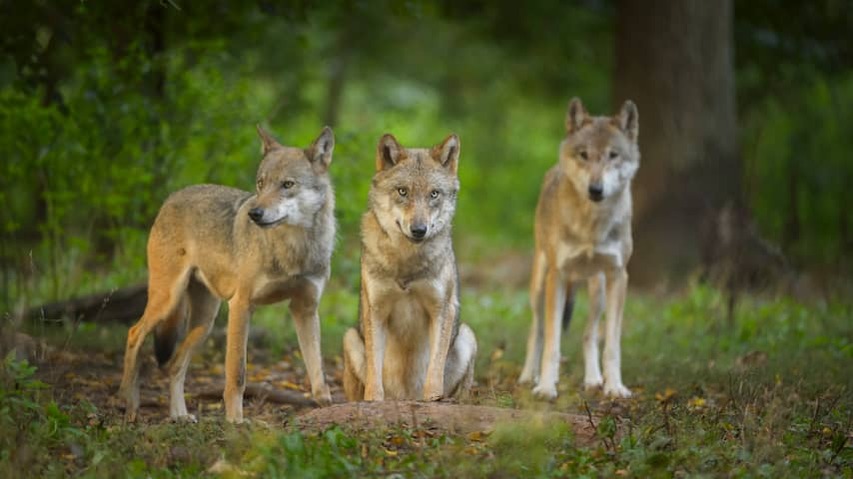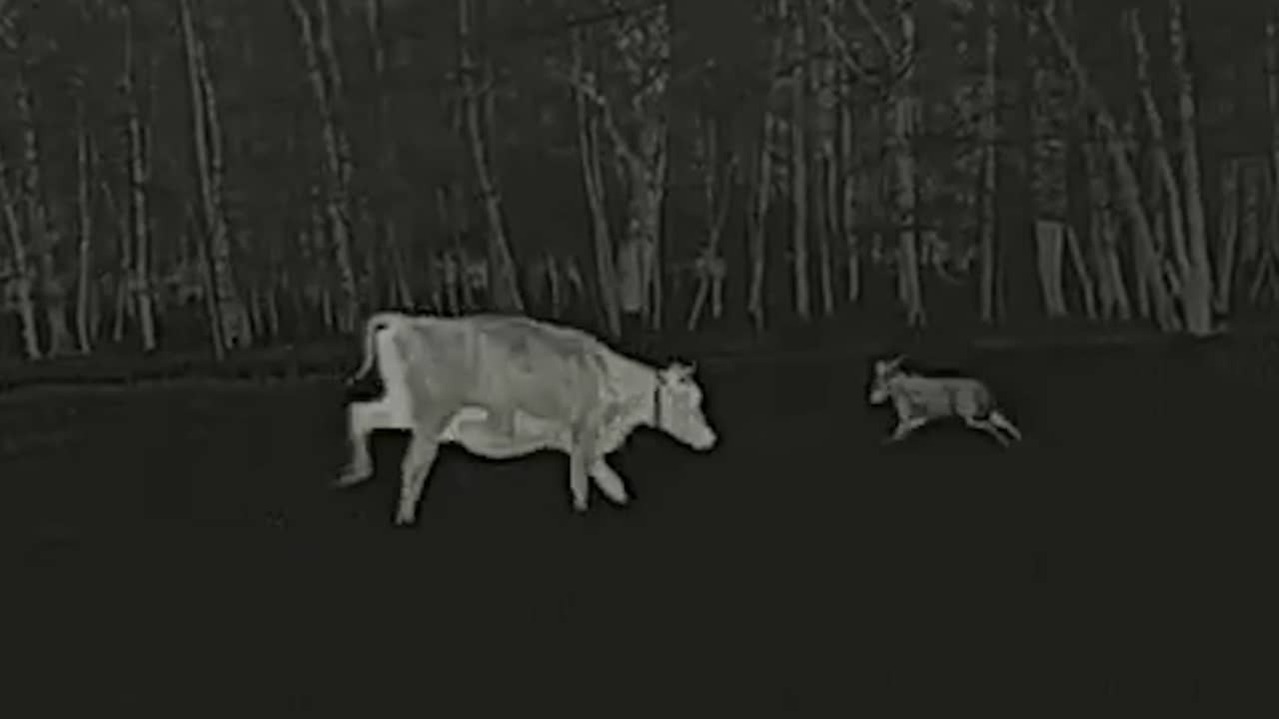
Wolves living in the Netherlands mainly eat deer and wild boars. Sheep are not often on the menu. Remarkably, there is a relatively large proportion of cattle that are eaten. Although these are mainly cattle that live in nature reserves in Drenthe.
Wolves in the Netherlands prefer to hunt deer. This is evident from new research published on Tuesday morning. 35 percent of the meat that wolves eat in the Netherlands comes from deer. This is followed by wild boars (29 percent).
There had not previously been any research into what wolves in the Netherlands have on the menu. This data was available from Germany. But wolves in the Netherlands sometimes behave differently, as has been shown more often.
The researchers from Leiden University, Antwerp University, Stichting Leo and the Mammal Society collected wolf droppings for a year in Drenthe, Noord-Brabant, Utrecht and on the Veluwe.
It was striking that there are significant differences between wolves living on the Veluwe and in Drenthe. In Drenthe, wolves eat much more cattle (37 percent) than on the Veluwe, where the remains of cattle were not found in wolf poop at all.
 0:39
0:39
Man movies How Cows Chase Wolf From Meadow in Ermelo
No Wild Boars and Red Deer Live in Drenthe
According to the researchers, this is probably because, apart from deer, there are no large wild animals living in Drenthe. Wild boars and red deer also live on the Veluwe, but in Drenthe they are all allowed to be shot. The provinces have decided this. They believe that wild boars and red deer cause too much damage in gardens and to crops and that they endanger traffic.
The cattle that are eaten by wolves in Drenthe are mainly Galloways, which roam freely in nature. This is evident from hair remains from the droppings that were examined. Although it cannot be ruled out that a cow from a dairy farmer was occasionally the victim.
Sayaguesa cattle also live in the Drenthe nature, but are less often caught by wolves. Sayaguesas are larger, have horns and are a bit wilder. It is possible that wolves are less likely to dare to attack them.
The research also shows that the diet of wolves is different in autumn and winter than in spring and summer. From April to June, wolves eat more young boars and deer calves.
Researcher Kevin Groen from Leiden University concludes that wolves are “opportunistic”. They adapt to the supply and the season and focus on the food that is available.
Sheep Not Eaten Much
The number of wolf attacks on sheep has increased significantly in recent years. But sheep remains are not found that much in wolf droppings. Sheep material was found in 8 percent of the examined droppings.
Sheep are more favorite for Drenthe wolves than on the Veluwe, but still 10 percent of the meat that wolves eat in Drenthe comes from sheep. On the Veluwe this is 5 percent.
It is also the case that a wolf often leaves many more dead animals behind in a sheep attack than it eats. Many predators do this and it has to do with instinct.
For many sheep farmers it is frustrating to see that wolves do not eat all their killed sheep by far. Although it is also the case that not all livestock is well protected in areas where wolves live.